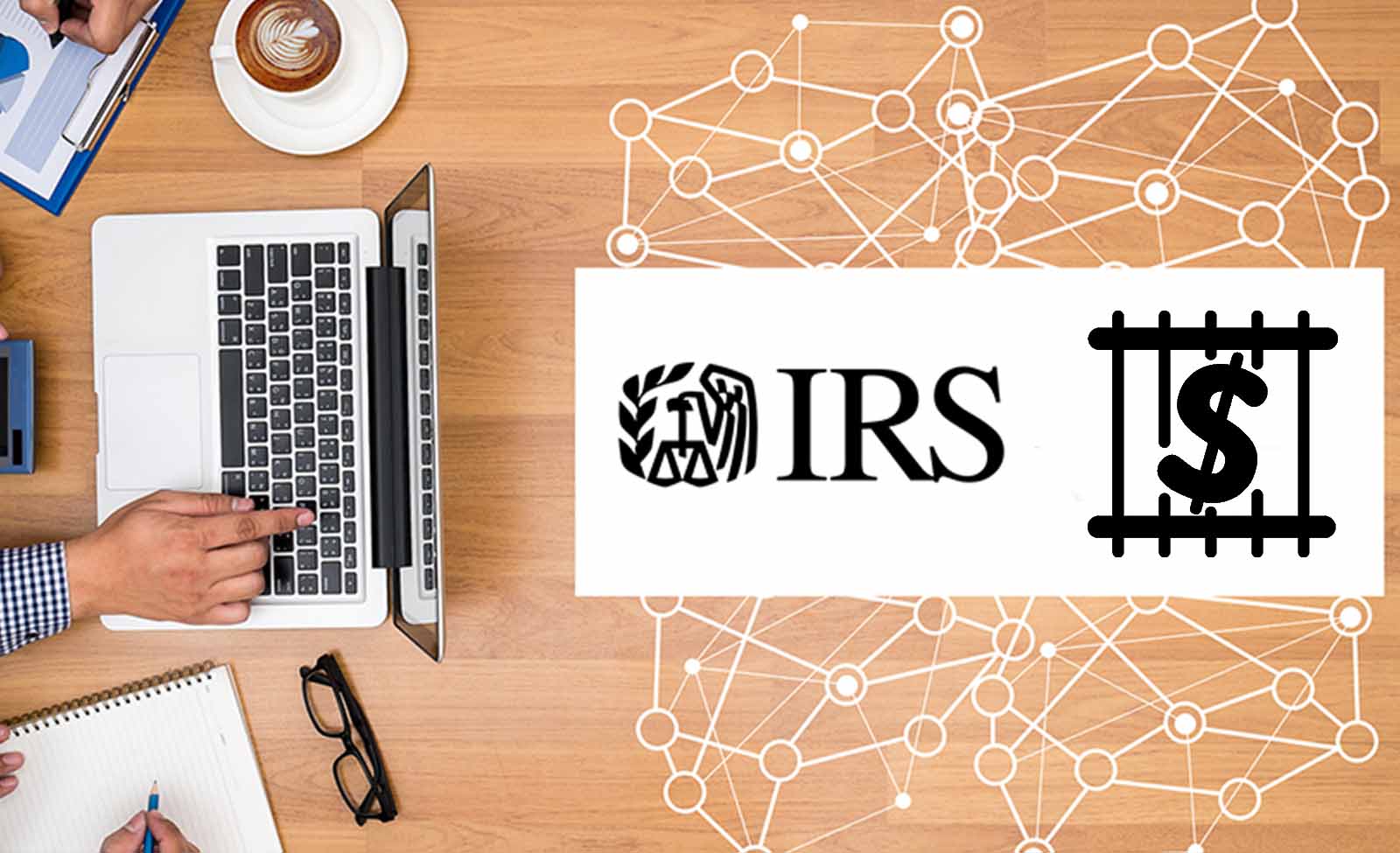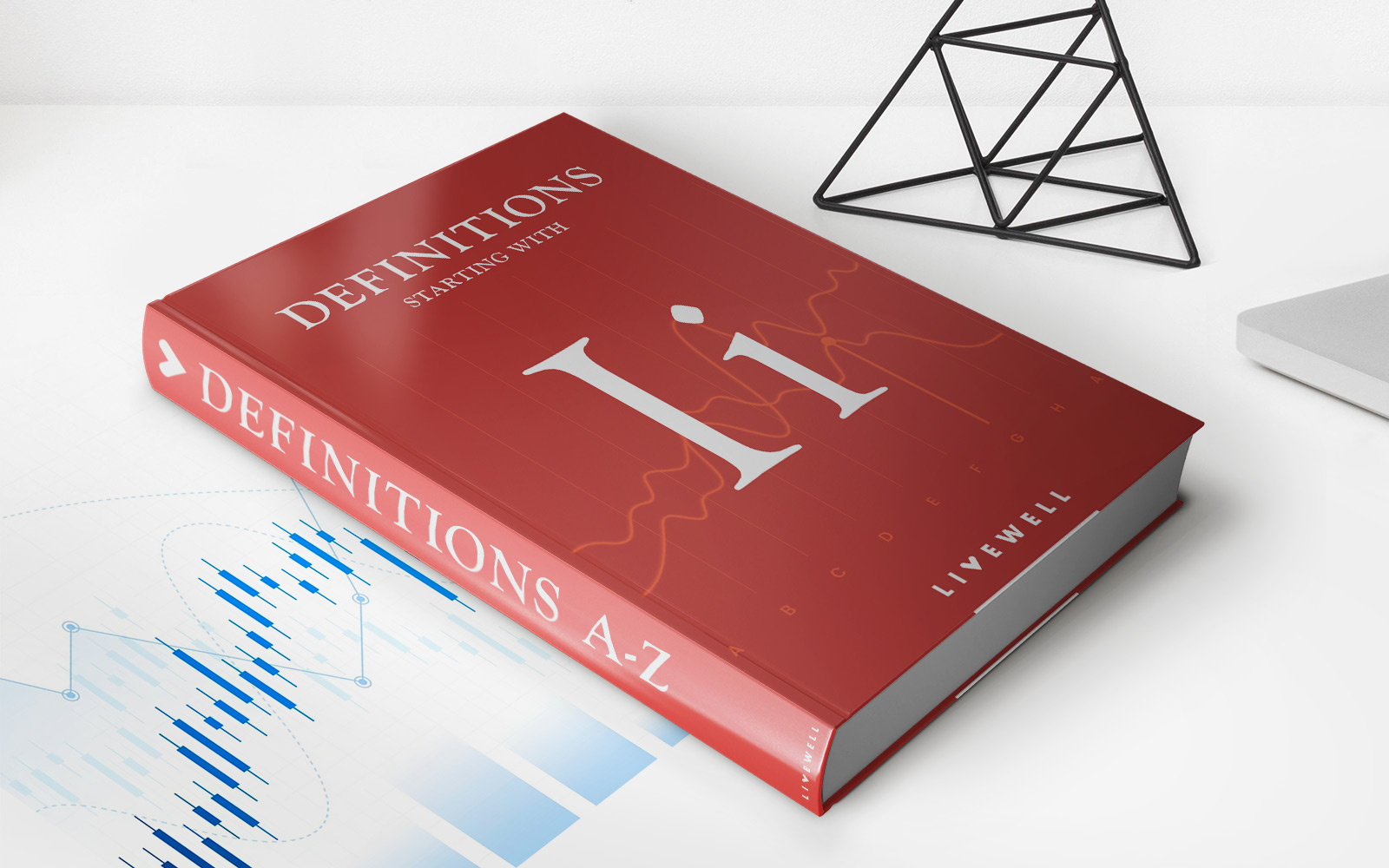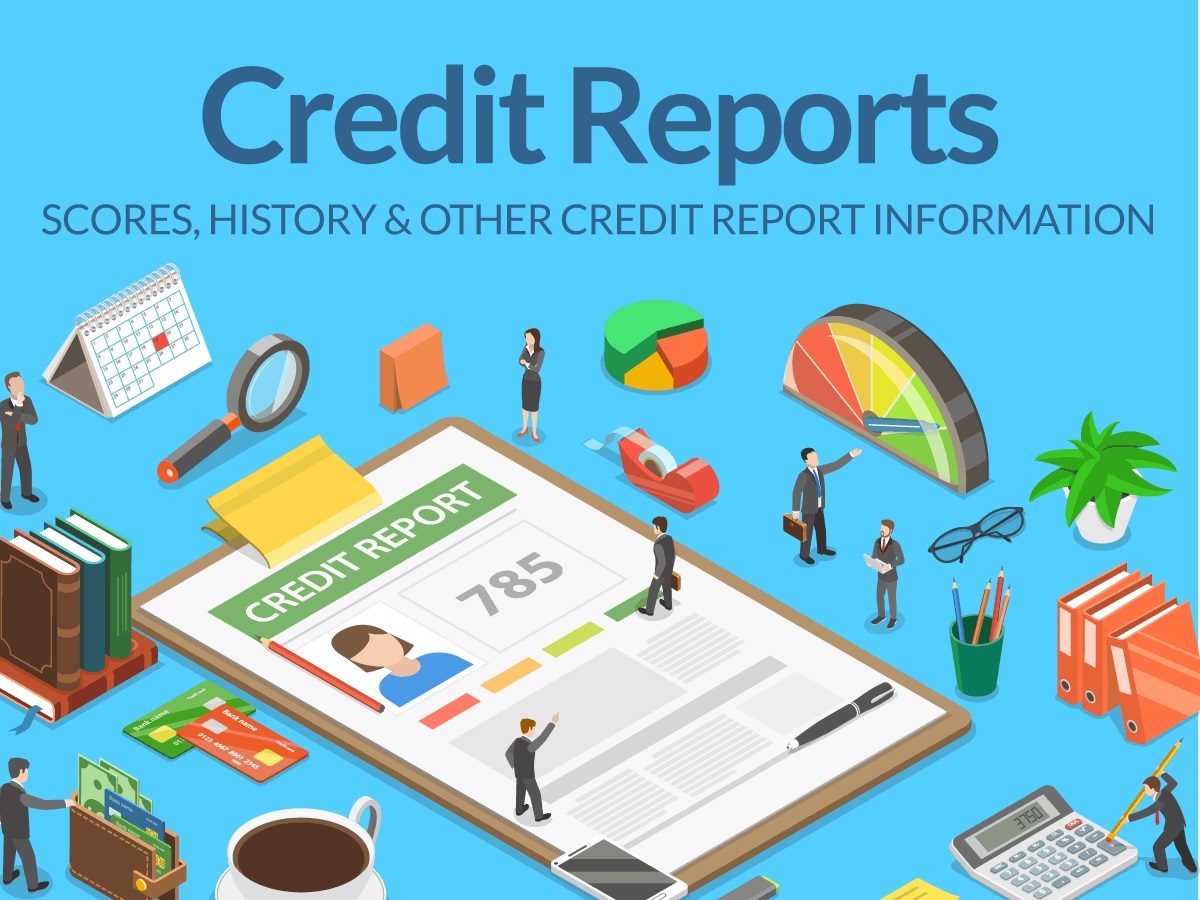

Finance
What Are Consumer Finance Loan
Modified: December 30, 2023
Looking for consumer finance loans? Discover what consumer finance loans are and how they can help you manage your finance effectively. Find out more now!
(Many of the links in this article redirect to a specific reviewed product. Your purchase of these products through affiliate links helps to generate commission for LiveWell, at no extra cost. Learn more)
Table of Contents
Introduction
Welcome to the world of consumer finance loans, a financial tool that enables individuals to fulfill their immediate financial needs. Consumer finance loans have become increasingly popular due to their convenience and accessibility. Whether you need to cover unexpected expenses, consolidate debt, or make a significant purchase, consumer finance loans can provide the funds you need quickly and efficiently.
In this article, we will explore the concept of consumer finance loans, discussing their definition, types, how they work, benefits, risks, and alternative options. By understanding the ins and outs of consumer finance loans, you can make informed decisions about your financial future.
Consumer finance loans are designed to cater to the needs of consumers who require short-term or long-term financing. From personal loans to credit cards, these loans offer a myriad of options to suit varying financial situations. Whether you have excellent credit or a limited credit history, there are consumer finance loan options available to you.
However, it is crucial to approach these loans with caution and ensure they align with your financial goals and capabilities. While consumer finance loans can provide immediate relief, they also come with risks and considerations that must be taken into account. Additionally, it is always wise to explore alternative options and compare different loan products to find the best fit for your unique circumstances.
So, let’s dive into the world of consumer finance loans and empower ourselves with the knowledge to make informed financial decisions.
Definition of Consumer Finance Loan
Consumer finance loans refer to financial products that enable individuals to borrow money for personal use. These loans are specifically designed to meet a wide range of consumer needs, such as paying for medical expenses, home renovations, car repairs, or even funding a vacation. Unlike business loans or mortgages, consumer finance loans are intended for individual consumers rather than for commercial or real estate purposes.
Consumer finance loans can take various forms, including personal loans, credit cards, payday loans, and installment loans. These loans are typically unsecured, meaning they don’t require collateral, unlike a mortgage or auto loan. However, depending on the borrower’s creditworthiness, some loans may require a cosigner or collateral to secure the loan.
One of the defining features of consumer finance loans is that they are often accessible to individuals with different credit profiles. Some loan products cater to borrowers with excellent credit, offering more favorable terms such as low interest rates, while others may be available to individuals with lower credit scores, albeit with higher interest rates.
Consumer finance loans are typically offered by traditional lenders such as banks, credit unions, and online lenders. These institutions assess the borrower’s creditworthiness based on factors such as credit score, income stability, and debt-to-income ratio.
It’s important to note that consumer finance loans differ from other types of loans, such as educational loans or mortgages, which serve specific purposes. Consumer finance loans provide individuals with the flexibility to use the funds for a variety of personal needs, making them a versatile financial tool.
In summary, consumer finance loans are a type of loan designed for individual consumers to meet various personal financial needs. They can be obtained from traditional lenders and come in different forms, providing borrowers with the flexibility they need to address their specific financial circumstances.
Types of Consumer Finance Loans
Consumer finance loans come in various types, each tailored to meet specific financial needs. Understanding the different types of consumer finance loans can help you assess which option best suits your requirements. Here are some common types of consumer finance loans:
- Personal Loans: Personal loans are one of the most popular types of consumer finance loans. They are typically unsecured loans that can be used for a variety of purposes, such as debt consolidation, home improvements, or unexpected expenses. Personal loans generally have fixed interest rates and repayment terms.
- Credit Cards: Credit cards are revolving credit lines that allow consumers to make purchases and pay for them over time. They provide convenience and flexibility, but it’s crucial to use them responsibly to avoid accumulating excessive debt and high-interest charges.
- Payday Loans: Payday loans are short-term loans intended to cover immediate financial needs until the borrower’s next paycheck. These loans often come with high-interest rates and fees, making them a more expensive borrowing option. Payday loans should be used cautiously and only in emergencies.
- Installment Loans: Installment loans are loans that are repaid over a set period through fixed monthly payments. They are commonly used for larger purchases, such as appliances or furniture. Installment loans can have varying interest rates, repayment terms, and qualification requirements.
- Secured Loans: Secured consumer finance loans require collateral to secure the loan. This can be in the form of a personal asset, such as a car or home. Secured loans generally offer lower interest rates and higher borrowing limits but come with the risk of losing the collateral if the loan defaults.
- Debt Consolidation Loans: Debt consolidation loans are used to combine multiple debts into a single loan, often with a lower interest rate. This helps simplify the repayment process and can potentially save borrowers money on interest. Debt consolidation loans are especially beneficial for individuals with high-interest credit card debt or other outstanding loans.
These are just a few examples of the types of consumer finance loans available in the market. It’s important to carefully consider your financial goals and circumstances before choosing the loan that best aligns with your needs. Remember to compare interest rates, fees, and repayment terms to ensure you are making an informed decision.
How Consumer Finance Loans Work
Consumer finance loans operate under a straightforward concept: borrowers receive a certain amount of money from a lender and agree to repay it over a specified period, plus any applicable interest or fees. Here is a general overview of how consumer finance loans work:
- Loan Application: The borrower initiates the process by submitting a loan application to a lender. The application typically requires personal information, income verification, and details about the purpose of the loan.
- Lender Evaluation: Upon receiving the loan application, the lender assesses the borrower’s creditworthiness by reviewing their credit history, income stability, and debt-to-income ratio. The evaluation helps the lender determine the loan amount, interest rate, and terms.
- Loan Approval: If the borrower meets the lender’s criteria, the loan application will be approved. The lender will provide the borrower with the loan offer, including details such as the loan amount, interest rate, repayment term, and any associated fees.
- Loan Disbursement: Once the borrower agrees to the loan terms, the lender disburses the funds. Depending on the loan type, the funds may be provided as a lump sum or as a line of credit, such as in the case of credit cards.
- Repayment: Repayment begins according to the agreed-upon schedule. This can involve making fixed monthly payments for a set period, paying a minimum amount due on a credit card statement, or repaying the loan in full by the specified due date.
- Interest and Fees: Consumer finance loans accrue interest and may include additional fees, such as origination fees, late payment fees, or annual fees for credit cards. It’s important for borrowers to understand all associated costs and factor them into their repayment plans.
- Loan Completion: Once the borrower has repaid the loan in full, the loan is considered complete. The borrower may choose to reapply for another loan in the future, if needed.
It’s crucial for borrowers to carefully review and understand the terms and conditions of the loan agreement before signing. This includes the interest rate, repayment schedule, fees, and any penalties for late or missed payments. If there are any uncertainties or concerns, it’s recommended to seek clarification from the lender before proceeding.
By understanding how consumer finance loans work, borrowers can make informed decisions, manage their finances responsibly, and ensure a smooth repayment process.
Benefits of Consumer Finance Loans
Consumer finance loans offer several benefits that can help individuals meet their financial needs efficiently and effectively. Here are some notable advantages of utilizing consumer finance loans:
- Convenience: Consumer finance loans provide a convenient way to access funds quickly. Whether you need to cover emergency expenses or make a significant purchase, these loans can be obtained with relative ease, often offering faster approval processes and quicker disbursements compared to other loan types.
- Flexibility: Unlike specific-purpose loans, consumer finance loans offer flexibility in how the borrowed funds are used. Whether you need to consolidate debts, pay for medical expenses, or fund a home renovation project, consumer finance loans can accommodate a wide range of financial needs.
- Accessible to Different Credit Profiles: Consumer finance loans are available to individuals with varying credit scores. While borrowers with excellent credit scores may qualify for more favorable terms and lower interest rates, there are options for individuals with limited credit histories or imperfect credit scores. This accessibility allows more people to secure funds when needed.
- Build and Improve Credit: Successfully managing a consumer finance loan can help build and improve credit scores. Making timely payments and responsibly handling the loan can demonstrate financial responsibility to lenders and potentially lead to better loan terms and options in the future.
- Consolidation of Debt: Consumer finance loans, such as debt consolidation loans, offer the opportunity to combine multiple debts into a single loan. This simplifies the repayment process, potentially lowers interest rates, and helps borrowers better manage their finances while paying off outstanding debts.
- Predictable Repayment Schedule: Many consumer finance loans have fixed interest rates and structured repayment schedules. This allows borrowers to plan their budgets effectively, knowing the specific amount they need to repay each month. It provides a level of predictability and helps to maintain financial stability.
- Opportunity to Achieve Financial Goals: Whether it’s purchasing a car, funding education, or starting a business, consumer finance loans can provide individuals with the opportunity to achieve their financial goals sooner. By accessing the necessary funds, borrowers can make significant investments that may have otherwise been out of reach.
It’s important to note that while consumer finance loans offer many benefits, borrowers should exercise responsible borrowing habits. Carefully assessing one’s financial situation, thoroughly understanding the loan terms, and creating a realistic repayment plan are crucial steps to ensure the loan is used wisely and without unnecessary financial strain.
By leveraging the benefits of consumer finance loans, individuals can make informed financial decisions and address their immediate needs while working toward long-term financial stability and success.
Risks and Considerations of Consumer Finance Loans
While consumer finance loans offer many benefits, it’s important to be aware of the potential risks and considerations associated with these types of loans. Understanding these factors can help borrowers make informed decisions and mitigate any potential challenges. Here are some key risks and considerations to keep in mind:
- High-Interest Rates: Depending on the borrower’s credit profile and the type of loan, consumer finance loans can come with higher interest rates compared to other forms of credit. This means that the total cost of borrowing can be substantial, especially if the loan is not repaid promptly.
- Debt Accumulation: Taking on multiple consumer finance loans without careful consideration can lead to a cycle of debt accumulation. Borrowers must evaluate their repayment capability and avoid overextending themselves by borrowing more than they can comfortably repay.
- Penalties and Fees: Failure to make timely payments or comply with the loan agreement can result in penalties and additional fees. These can significantly increase the overall cost of the loan and negatively impact the borrower’s creditworthiness.
- Impact on Credit Score: While responsibly managing consumer finance loans can help build credit, defaulting on payments can have a detrimental effect on credit scores. This can limit future borrowing opportunities and result in higher interest rates for subsequent loans.
- Potential for Predatory Lending: It’s important to beware of predatory lending practices where unscrupulous lenders target vulnerable individuals with high-interest loans and unfavorable terms. Borrowers should research and choose reputable lenders before committing to a consumer finance loan.
- Alternative Options: Consumer finance loans may not always be the best solution for every financial need. Exploring alternative options, such as negotiating payment plans with creditors, seeking financial counseling, or utilizing savings, can help borrowers avoid unnecessary borrowing and associated risks.
- Limited Financial Resources: Borrowing funds through consumer finance loans can deplete available financial resources and limit flexibility in dealing with future emergencies or opportunities. Evaluating one’s overall financial situation and considering the impact on long-term financial goals is crucial.
It’s essential for borrowers to weigh the potential risks and considerations before committing to a consumer finance loan. Carefully reviewing loan agreements, seeking clarification on terms and conditions, and assessing one’s ability to manage the debt are crucial steps to mitigate risks and make informed borrowing decisions.
Ultimately, consumer finance loans can be a valuable tool when used responsibly and aligned with one’s financial goals and capabilities. By approaching these loans with caution and awareness, borrowers can make the most of the benefits while minimizing potential risks.
Alternatives to Consumer Finance Loans
While consumer finance loans can provide quick access to funds, there are alternative options that borrowers can explore before committing to a loan. These alternatives can offer more favorable terms or suit specific financial situations. Here are some alternatives to consider:
- Savings: Before turning to a loan, individuals should assess their savings to see if they can cover the expense without borrowing. Utilizing savings can help avoid interest charges and debt accumulation while maintaining financial stability.
- Emergency Fund: Having an emergency fund in place can provide a safety net for unexpected expenses. Establishing a fund for at least three to six months’ worth of living expenses can help mitigate the need for a loan in case of emergencies.
- Negotiating with Creditors: If struggling with existing debts, negotiating with creditors can be an effective approach. Requesting lower interest rates, revised repayment plans, or debt settlement options can help ease financial burdens without taking on additional loans.
- Balance Transfer Cards: For individuals with high-interest credit card debt, transferring balances to a low or zero-interest credit card can provide temporary relief. Balance transfer cards often offer promotional periods with low or no interest, allowing borrowers to pay down the debt faster.
- Peer-to-Peer Lending: Peer-to-peer lending platforms connect borrowers with individual lenders willing to provide loans. These platforms offer competitive interest rates and flexible repayment terms, providing an alternative to traditional lenders.
- Credit Counseling Services: Seeking guidance from nonprofit credit counseling agencies can help individuals manage their finances and explore debt repayment options. These services can provide valuable advice and assistance in organizing debts and creating viable repayment plans.
- Borrowing from Family or Friends: In certain situations, borrowing from family or friends might be a viable option. This arrangement can provide more flexibility and potentially lower interest rates compared to traditional loans. However, it’s essential to establish clear terms and maintain open communication to preserve relationships.
Prior to pursuing a consumer finance loan, individuals should thoroughly consider these alternatives to determine if they are a more suitable option for their specific financial needs and circumstances. Evaluating the advantages, disadvantages, and potential impacts of each alternative can help guide borrowers in making the right financial decision.
Remember, it’s crucial to do thorough research, fully understand the terms and conditions, and consider the long-term implications before committing to any financial arrangement.
Conclusion
Consumer finance loans can be a valuable tool for individuals needing quick access to funds for various personal financial needs. These loans offer convenience, flexibility, and accessibility to borrowers with different credit profiles. However, it’s important to approach consumer finance loans with caution and consideration.
Throughout this article, we’ve explored the definition of consumer finance loans, discussed the types available, and delved into how they work. We’ve also highlighted the benefits they offer, such as convenience, flexibility, and the opportunity to achieve financial goals. However, it’s equally important to be aware of the risks and considerations associated with these loans, including high interest rates, potential debt accumulation, and the impact on credit scores.
Fortunately, there are alternatives to consumer finance loans that borrowers can consider, including utilizing savings, negotiating with creditors, exploring balance transfer cards, or seeking peer-to-peer lending. Each alternative has its own advantages and considerations, and it’s crucial to carefully evaluate which option aligns best with individual needs and financial circumstances.
In essence, the key to making informed financial decisions regarding consumer finance loans is to thoroughly analyze one’s own situation, weigh the benefits and risks, and seek advice when needed. It’s essential to borrow responsibly, considering affordability and long-term financial goals.
By understanding the fundamentals of consumer finance loans, borrowers can confidently navigate the lending landscape, making choices that are well-suited to their financial well-being. Remember to always review loan agreements, ask questions, and seek guidance if uncertain.
Ultimately, consumer finance loans can serve as a valuable tool when used wisely and responsibly, helping individuals meet their financial needs while striving for long-term financial stability and success.














